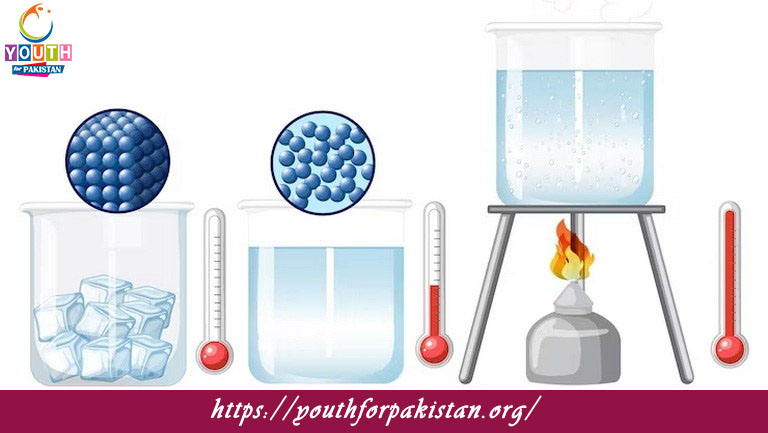Laws of Thermodynamics Quiz with Answers

Welcome to the Laws of Thermodynamics MCQs with Answers. In this post, we have shared Laws of Thermodynamics Online Test for different competitive exams. Find practice Laws of Thermodynamics Practice Questions with answers in Physics Tests exams here. Each question offers a chance to enhance your knowledge regarding Laws of Thermodynamics.
Laws of Thermodynamics Online Quiz
By presenting 3 options to choose from, Laws of Thermodynamics Quiz which cover a wide range of topics and levels of difficulty, making them adaptable to various learning objectives and preferences. You will have to read all the given answers of Laws of Thermodynamics Questions and Answers and click over the correct answer.
- Test Name: Laws of Thermodynamics MCQ Quiz Practice
- Type: Quiz Test
- Total Questions: 40
- Total Marks: 40
- Time: 40 minutes
Note: Answer of the questions will change randomly each time you start the test. Practice each quiz test at least 3 times if you want to secure High Marks. Once you are finished, click the View Results button. If any answer looks wrong to you in Quizzes. simply click on question and comment below that question. so that we can update the answer in the quiz section.
Download Certificate of Quiz Laws of Thermodynamics
On the end of Quiz, you can download the certificate of the quiz if you got more than 70% marks. Add a certificate to your job application or social profile (like LinkedIn) and get more job offers.
Download Laws of Thermodynamics MCQs with Answers Free PDF
You can also download 100 Laws of Thermodynamics Questions with Answers free PDF from the link provided below. To Download file in PDF click on the arrow sign at the top right corner.
If you are interested to enhance your knowledge regarding English, Chemistry, Computer, and Biology please click on the link of each category, you will be redirected to dedicated website for each category.




